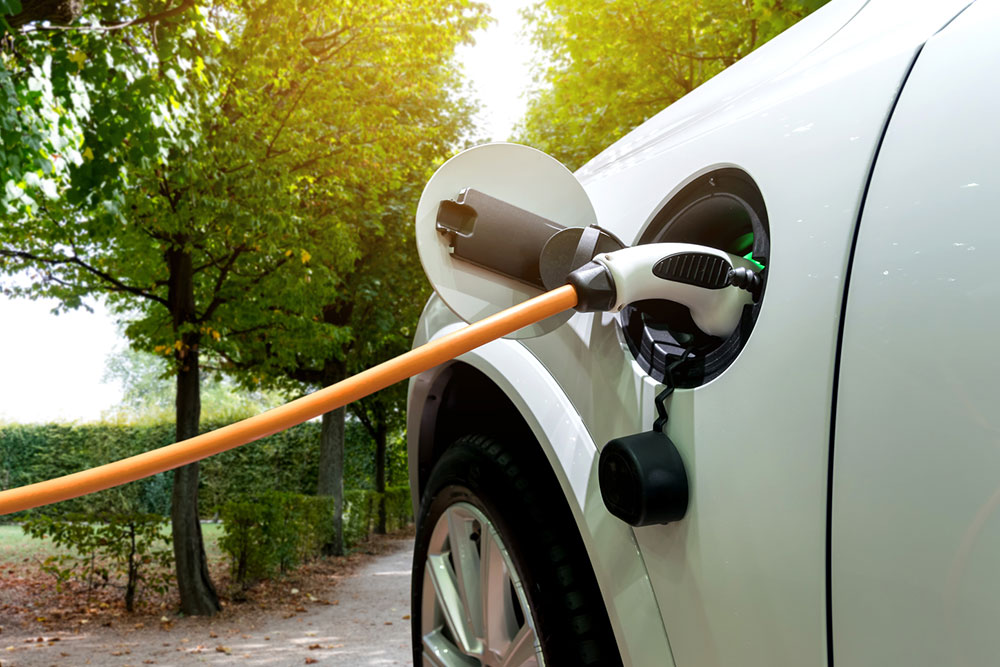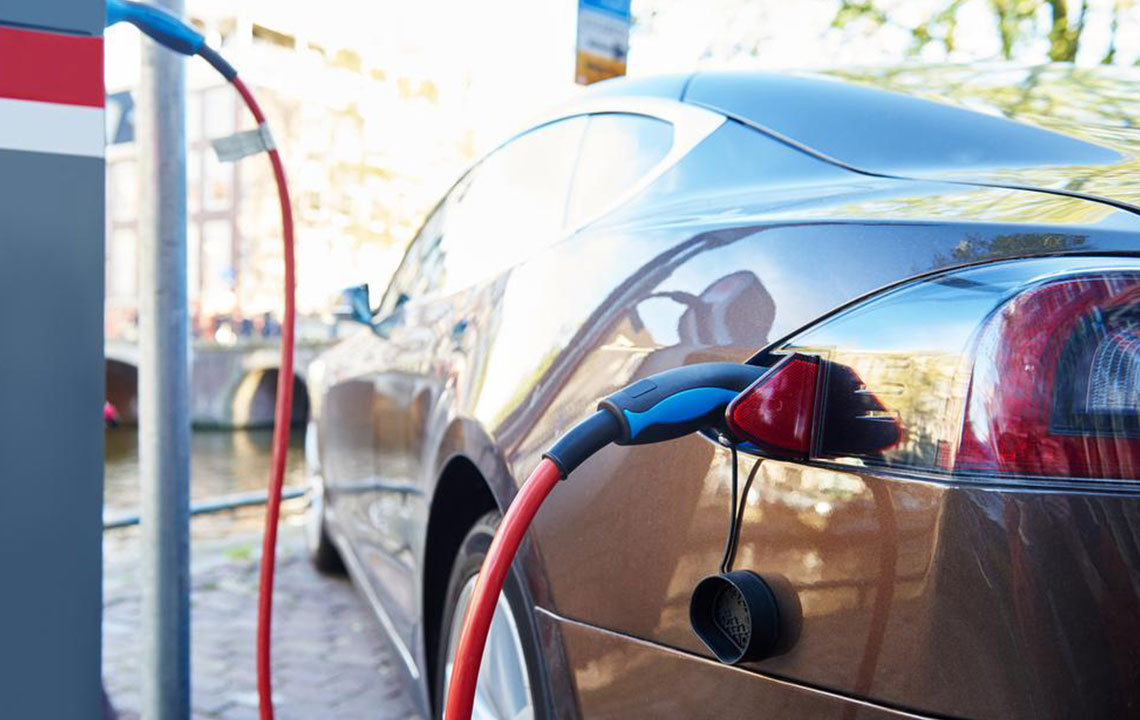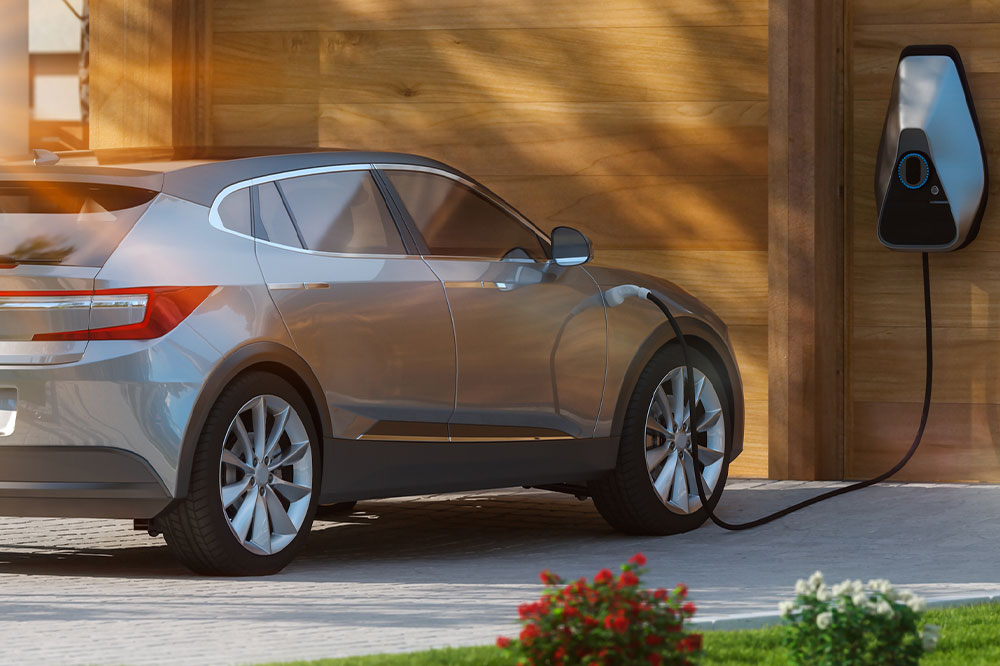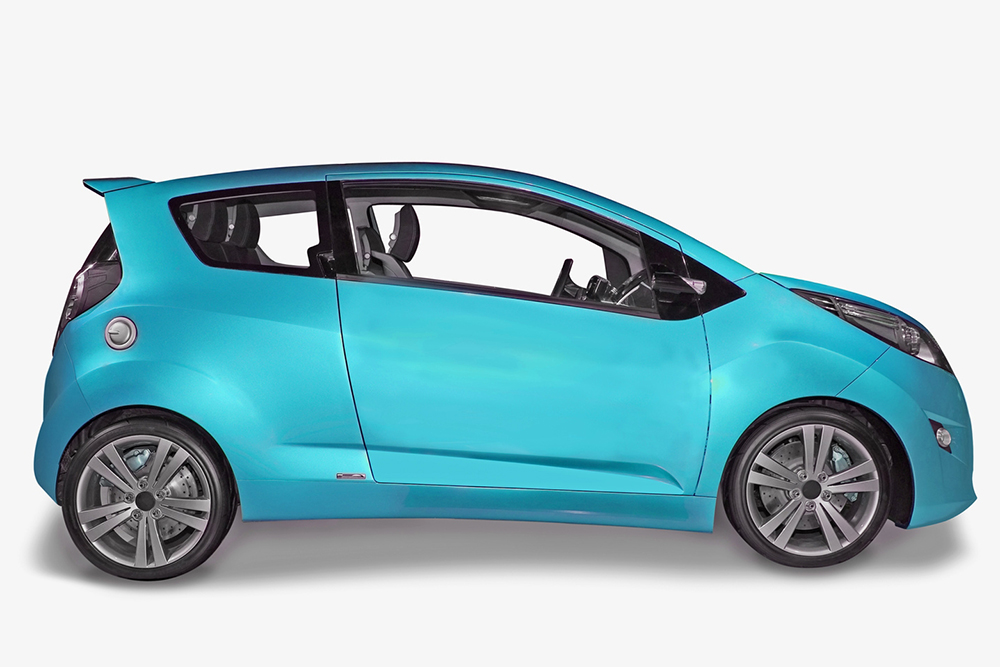Essential Tips for Purchasing a Used Electric Vehicle
Learn key considerations for purchasing a used electric vehicle, including depreciation, charging times, maintenance, and weather impacts. This guide helps buyers make informed decisions about eco-friendly used EVs, highlighting their advantages and considerations for long-term ownership. Whether you're looking for affordability or sustainability, these tips will assist you in selecting the right pre-owned electric car. Understanding charging requirements, depreciation rates, and environmental benefits ensures a smarter, greener choice in today’s automotive market.
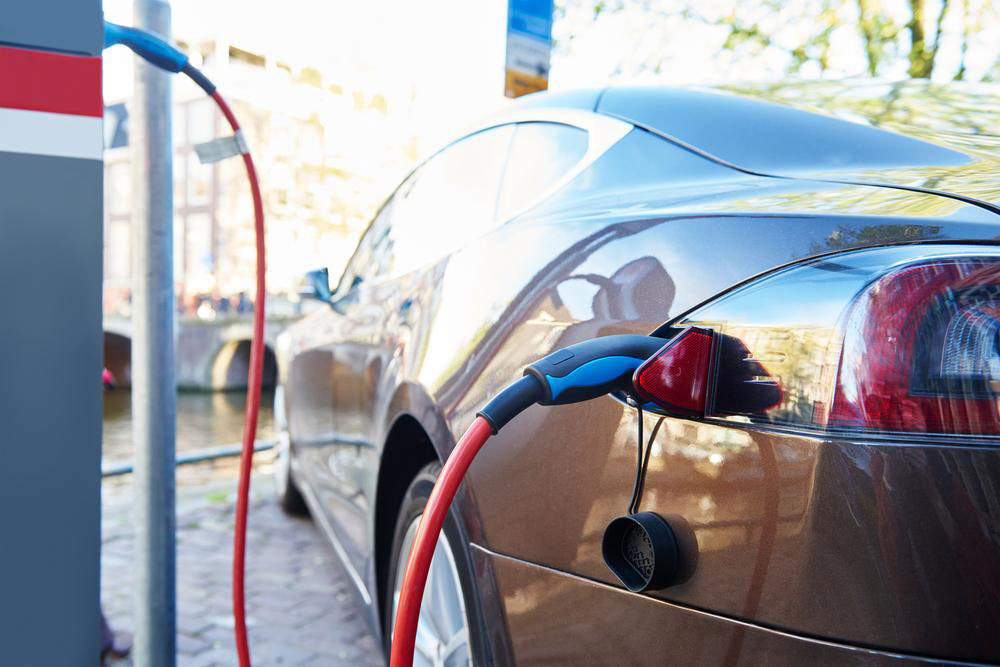
Essential Tips for Purchasing a Used Electric Vehicle
For environmentally conscious car buyers, pre-owned electric vehicles (EVs) present a budget-friendly alternative to traditional internal combustion engines. Although initial costs can be high, EVs tend to depreciate quickly, making used models more affordable. The electric vehicle segment has gained popularity thanks to innovations in battery technology and charging infrastructure, offering a practical solution to reduce gasoline dependency. These advancements highlight EVs as a promising choice in today's automotive landscape.
Electric cars are user-friendly, efficient, affordable, and equipped with advanced features. Despite the upfront expense, many buyers save money through rebates and tax incentives.
Additionally, EVs are eco-friendly since they produce no tailpipe emissions.
Unlike traditional vehicles, electric cars lack an internal combustion engine, providing a quieter and smoother ride with fewer vibrations. Though generally compact, their weightier batteries ensure good stability on the road.
When exploring used EVs, buyers often seek economical options that are cheap to buy and maintain. If you have access to a charging station, purchasing a pre-owned electric vehicle can be advantageous. Fewer moving parts mean reduced maintenance and lower chances of breakdown, keeping these cars in excellent condition for longer.
Since EVs tend to depreciate faster than conventional gasoline vehicles, their resale values drop significantly. For example, a brand-new Fiat 500e averages around $32,392, while a three-year-old model might cost approximately $8,669. Older gas-powered cars under $10,000 are typically quite aged, making EVs a more attractive deal. Various incentives from governments and manufacturers help lower EV prices, but repairs can reduce value further.
Generally, used EVs undergo a depreciation of 43% to 72%. An important consideration is charging time; long recharge durations can be inconvenient for daily use or long trips. Excessive use of DC fast chargers may impact battery health. Weather conditions also influence battery longevity, with extreme cold or heat causing faster drain, especially if the vehicle lacks liquid cooling systems.
Prospective buyers should consider these factors carefully when evaluating used electric cars on the market.


